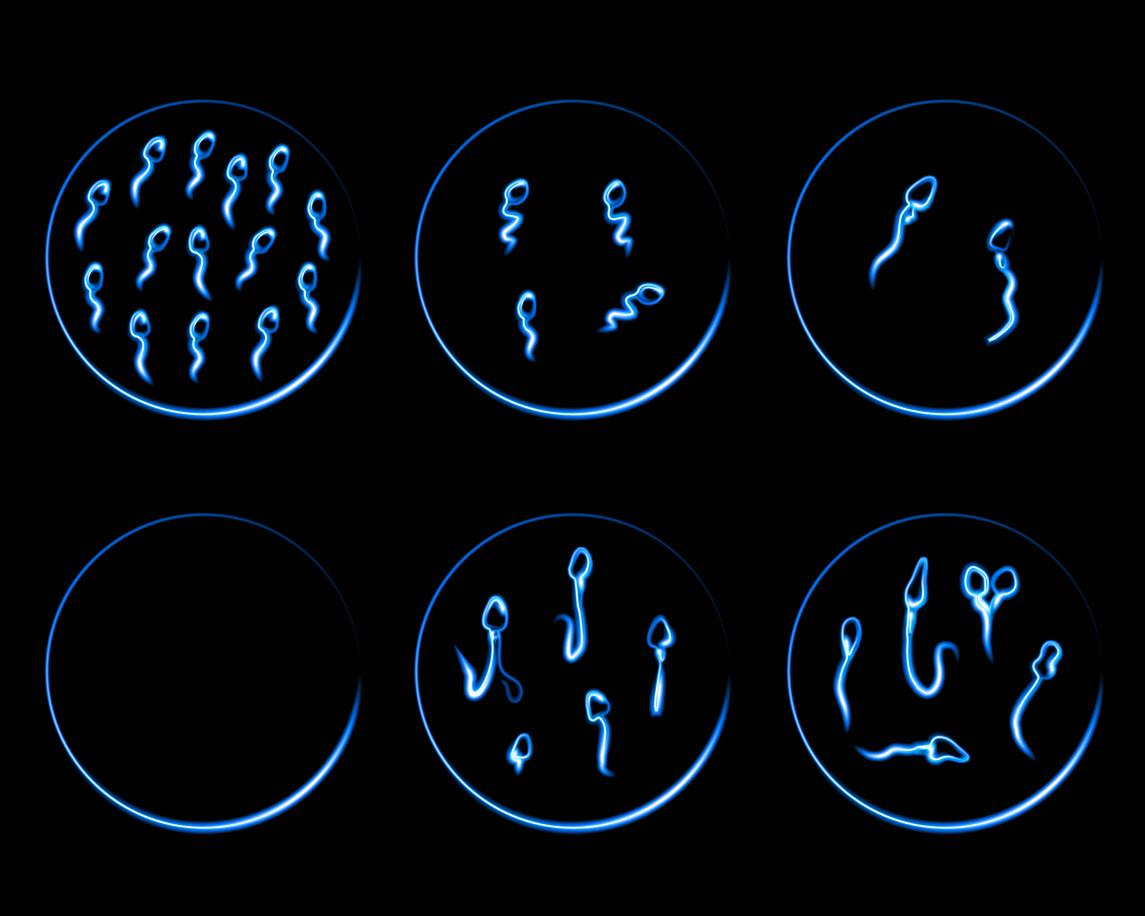This relaxation technique would significantly reduce the symptoms of post-traumatic stress.

- Coming from India, the practice of transcendental meditation allows you to free your thoughts to rest your mind and body.
- It can act on post-traumatic stress, depression or anxiety
Meditation interests the scientific community. For several years, research has been conducted on its potential psychological health benefits. One of the latest was carried out by Maharishi International University, located in the United States, the results of which appeared in Journal of Traumatic Stress. They prove the benefits of transcendental meditation in reducing post-traumatic stress.
An ancient relaxation technique
This relaxation method was invented in India and appeared in Western countries during the 1950s. It takes place in a short session, lasting about twenty minutes, during which the practitioner repeats a mantra to himself, that is -say an abstract sound in order to free your thoughts and rest both physically and mentally. “Transcendental Meditation is a technique that is not trauma-focused and easy to learn“, emphasize the authors of the study. Unlike other methods commonly used to treat post-traumatic stress, it does not require going back to the traumatic experience: this recollection of events “can be difficult for some people“, they specify. Conversely, this form of meditation seems more easily acceptable to everyone.
Virtual disappearance of symptoms for half of the group
In their study, the researchers recruited 40 American veterans, followed for post-traumatic stress disorder. They divided them into two equivalent groups: the first followed sessions of transcendental meditation, the second was prescribed the classic techniques for treating this pathology. This trial took place over twelve weeks. For the meditation group, there were 16 supervised sessions as well as a practice at home twice a day. At the end of the three months, the scientists found that half of the veterans who followed this method had almost no symptoms, so they no longer fit the diagnostic criteria for post-traumatic stress. In comparison, this was the case for only 10% of participants in the group who followed the conventional treatment. Transcendental meditation has also been shown to reduce depression, anxiety, and sleep disturbances.
What is post-traumatic stress?
People affected by post-traumatic stress may also suffer from eating disorders, hypervigilance syndrome or difficulty concentrating. Being confronted with a traumatic event (sexual assault, conflict zones, attack, serious accident, etc.) creates intense fear. Subsequently, the individual relives the traumatic event, which generates the symptoms mentioned above. According to Inserm, 5 to 12% of the population would be affected.

.

















